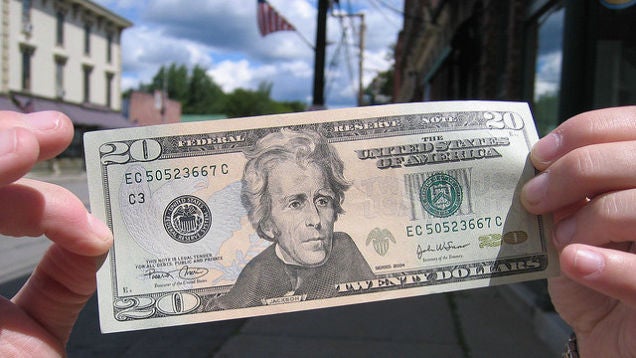

That’s before you buy groceries, pay your mortgage, and even before you make your student loan payment. Here’s how it works: every month before you pay any other bills, put some money in savings. The reality is that it’s one of the most effective ways to save money. It’s one of those things that seems too simple to be effective. This is the kind of personal finance advice your parents may have given you, and you’ve probably seen it mentioned in other places, too. I mentioned in the last section that you need to prioritize your savings, and one of the easiest ways to do that is to pay yourself first. For example, instead of buying all new furniture for your entire house, focus on one room or one piece of furniture that needs to be replaced. Gradually increase your spending: When you do start spending more on extras (as long as you’re still meeting your savings goals), make incremental changes.Don’t let how your peers spend their money influence how you spend yours. Stop trying to keep up with your peers: I say this a lot about people in their 20s, but I still see it in my 30s – we love to compare ourselves to others our age.Be smart about how you reward yourself: Rewards motivate you to keep working hard, but instead of thinking you need a new car or expensive vacation, think about a nice dinner out or a special bottle of wine.Keep a budget: Your budget will help you prioritize paying off high-interest-rate consumer debt and making regular contributions to your retirement savings.Here are some ways to avoid lifestyle creep and focus on spending less than you make: Some people will even find themselves still feeling broke and unable to save money even when their income allows for it. There’s nothing wrong with spending a little more on yourself as you begin to earn more money, but the problem is when you put those extras before the overall health of your financial life. I recently took up golf, which is probably the least budget-friendly sport out there. The idea is that as you start to make more money, you can spend more of it on non-essential items… a nicer car, eating out more, more expensive clothes, etc.Īfter years of budget living, it feels good to finally make enough to afford some small luxuries. This is sometimes referred to as lifestyle creep or lifestyle inflation. But something can happen as you start earning more: you start spending to match your income.

Many people start earning more as they get older. These money habits can help you avoid debt, save more, and create a solid plan for your future.ĥ money habits to build in your 30s 1. Whether your experience is similar to mine or completely different, your 30s are a great time to learn some new money skills that can help you take control of your finances. What I found to be true about your 30s is that you start to get more comfortable with who you are and your priorities for the future come into focus.
#Better money habits number how to#
I’d know exactly what I want out of life and how to get it. When I was in my 20s, people told me that I’d have everything together in my 30s. All thoughts are my own and I'm not a Regions client. These money habits will help you avoid debt, save more, and plan for the future.īy Bobby Hoyt, Founder of Millennial Money Man


 0 kommentar(er)
0 kommentar(er)
